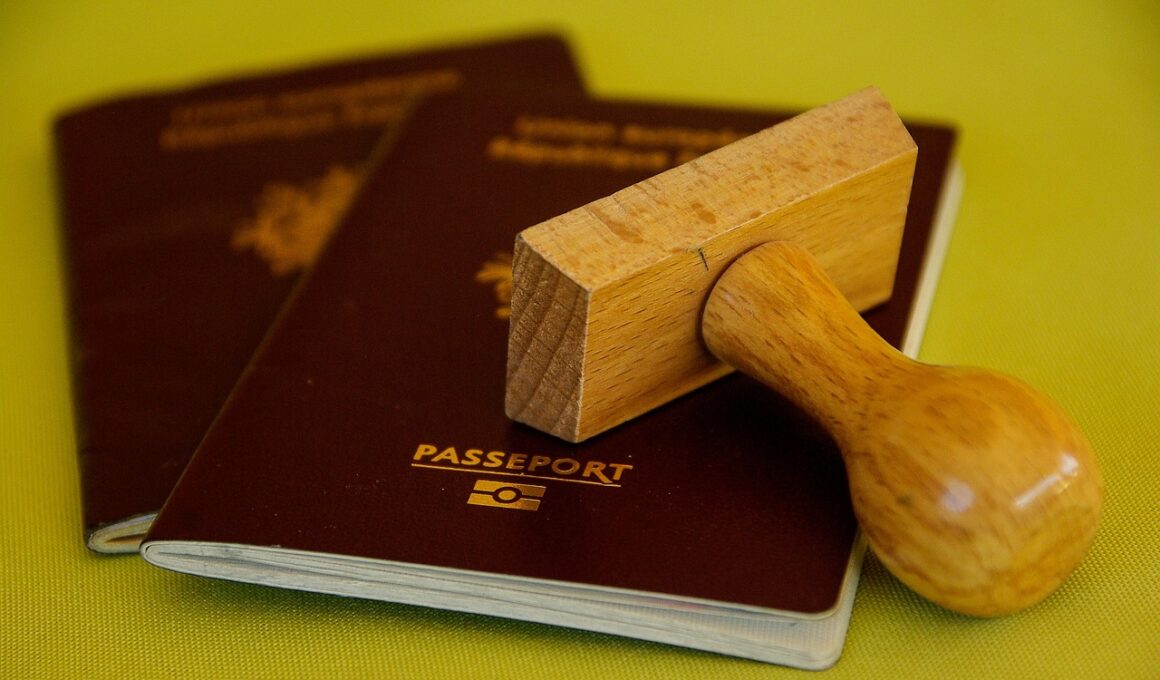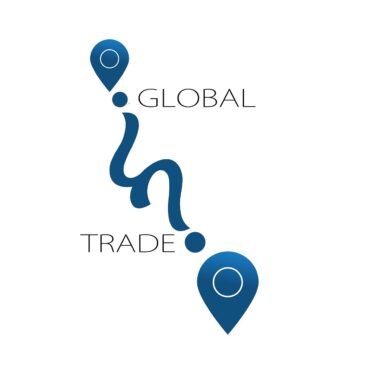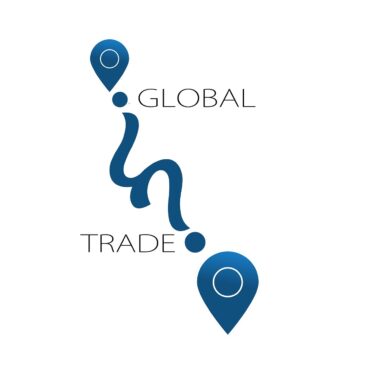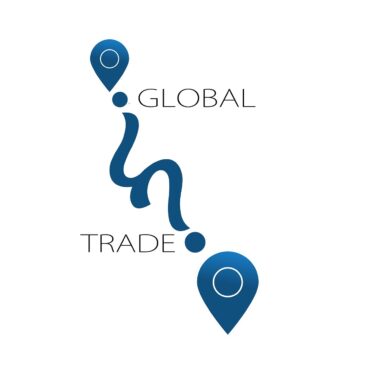How Simplifying Customs Procedures Boosts International Trade
Customs procedures are often seen as cumbersome and time-consuming. Simplifying these procedures is vital for facilitating international trade. When customs regulations are streamlined, it reduces delays and enhances the speed of transporting goods across borders. Trade facilitation measures simplify documentation requirements, which can help businesses manage their supply chains more efficiently. Additionally, the digitization of customs processes allows for real-time tracking of shipments, making the entire trade process more transparent and reliable. By adopting global standards and best practices, countries can ensure that their customs systems support rather than hinder trade. Collaborating with business communities and developing clear guidelines can further enhance understanding and compliance with customs regulations. This not only benefits exporters but also consumer markets, which gain access to a wider range of products at reduced prices. Countries that actively pursue these simplifications see a noticeable increase in trade volumes, fostering economic growth. Furthermore, efficient customs procedures play a crucial role in maintaining strong trade relationships between nations, allowing for better cooperation and the establishment of trade agreements that facilitate imported and exported goods.
The Role of Technology in Customs Procedures
Technology significantly enhances the efficiency of customs procedures. Digital platforms enable businesses to submit required documents electronically, drastically reducing processing times. By adopting e-customs platforms, authorities can effectively streamline inspections and approval processes. This leads to faster clearance processes, allowing goods to reach their destinations promptly. Automation and data sharing among customs authorities worldwide are crucial for reducing errors and preventing fraud. Furthermore, blockchain technology can enhance security and traceability in the supply chain, providing an additional layer of confidence for international traders. The implementation of Artificial Intelligence (AI) tools can further assist customs officers in risk management. AI systems can analyze large volumes of data and identify patterns, thereby flagging potentially high-risk shipments for inspection. This targeted approach reduces the need for random inspections, accelerating the overall customs process. Additionally, machine learning algorithms can continuously improve the effectiveness of customs procedures by adapting to changing trade patterns and trends. Investment in technological advancements not only benefits customs authorities but also supports businesses by creating a more efficient and predictable trading environment.
Customs procedures must balance trade facilitation with security concerns. Streamlined processes should not compromise national security or lead to increased risks. Implementing comprehensive risk management strategies is essential to protect countries from illicit trade and smuggling activities. This involves collaborating with other nations and sharing intelligence to develop effective customs strategies. Risk-based screening systems can help officials prioritize inspections based on the perceived risk level of specific shipments. By focusing resources on higher-risk goods, customs authorities can maintain security while expediting the processing of low-risk shipments. Training customs officers on the importance of trade facilitation alongside security can create a culture that values both aspects. Additionally, fostering partnerships with businesses can lead to better compliance and a cohesive approach towards securing borders. Encouraging companies to enhance their supply chain security measures can further mitigate risks. When businesses are aware of the role they play in national security, they are more likely to adhere to regulations. Efficient customs procedures that do not sacrifice security concerns can ultimately support sustainable international trade, benefitting economies and enhancing mutual trust between trading partners.
Impact on Developing Countries
Simplifying customs procedures has a profound impact on developing countries engaged in international trade. Many of these nations struggle with outdated systems and inefficient practices. By reforming customs regulations and adopting new technologies, developing countries can significantly enhance their export potential. Improved customs procedures can lead to quicker clearance times, enabling businesses to be more nimble and competitive in the global marketplace. Moreover, when trade facilitation measures minimize costs and delays, it directly benefits small and medium-sized enterprises (SMEs) that often lack the resources of larger corporations. Access to international markets can stimulate local economies, create jobs, and improve living standards. Additionally, when trade barriers are reduced, countries are exposed to new ideas and products, fostering innovation and development. Furthermore, participating in international trade can help developing countries diversify their economies. To achieve this, it is essential to mobilize financing and technical assistance from global organizations. Providing training and capacity-building initiatives can empower customs authorities to efficiently implement changes. Ultimately, streamlined customs procedures can be a catalyst for sustainable economic growth and development in these nations.
Trade facilitation measures can lead to profound shifts in business practices. Streamlined customs procedures encourage companies to take calculated risks when exploring international markets. By minimizing uncertainties associated with customs processes, businesses feel more confident in their decision-making. Moreover, a more efficient customs system enables companies to use resources effectively, focusing on enhancing their products and services instead of navigating complicated customs regulations. This efficiency allows businesses to invest in innovation and growth, improving competitiveness on a global scale. Additionally, improved international trade capabilities foster greater collaboration among businesses. Collaborative supply chains can emerge as companies share insights and resources, allowing them to optimize processes further. Moreover, businesses can more effectively utilize logistics partners and distribution networks when agreeing on timelines and customs requirements. This comprehensive approach strengthens not only individual businesses but the economy as a whole. When more businesses enter international markets and succeed, overall trade volumes increase, leading to stronger economic growth. Ultimately, simplifying customs procedures and facilitating trade can be a boon not only for individual companies but for entire industries and economies.
The Future of Customs and International Trade
The future of customs procedures in facilitating international trade looks promising as global trade dynamics evolve. Governments and customs authorities are increasingly recognizing the importance of adopting digital solutions. As nations continue to modernize their customs systems, they must ensure interoperability among different technologies. This could lead to a more cohesive global trading environment that encourages participation from diverse economies. Furthermore, embracing emerging technologies like Artificial Intelligence and the Internet of Things could transform the customs landscape. These technologies may allow for real-time data sharing and improved risk assessment strategies. In addition, the focus on sustainability within international trade encourages customs authorities to adopt environmentally friendly practices. Initiatives aimed at reducing carbon footprints may lead to smarter customs operations that prioritize eco-friendly logistics. Collaboratively working towards common goals among nations can help enhance trade facilitation measures, making the global trading system faster and more efficient. As the complexities of international trade grow, so must customs procedures. The evolution will require constant adaptation and learning to meet the changing needs and priorities of developing trade landscapes.
Ultimately, simplifying customs procedures is essential for the growth of international trade. Continued reforms, investments, and partnerships are essential for creating a robust global trading environment. By focusing on efficiency and security, countries can build confidence among businesses engaging in international trade. Encouraging transparency in customs operations helps foster trust and cooperation among trading partners. Regular evaluations of customs regulations will help identify areas for improvement, ensuring that procedures remain relevant and effective. Moreover, providing ongoing training for customs officers can accommodate shifts in regulations and advancements in technology. Emphasizing collaboration between customs authorities and businesses will establish a more harmonious trade ecosystem. As nations pursue trade agreements, aligning customs processes among participating countries will further enhance trade facilitation. The exchange of best practices and insights will empower customs officials worldwide to implement effective reforms. In conclusion, the simplification of customs procedures is not merely a matter of improved logistics; it affects economic relationships, security, and ultimately the prosperity of nations. Embracing advanced technologies and maintaining open communication among stakeholders are essential for unleashing the full potential of international trade.
In addition to simplifying customs procedures, continuous monitoring and evaluation of trade facilitation measures are crucial. Regular assessments can identify bottlenecks and inefficiencies in existing systems, allowing for timely adjustments. Engaging with the business community to gather feedback is essential to refine processes according to their needs. Moreover, ensuring that all stakeholders are educated about the benefits of streamlined customs processes enhances compliance and promotes collaboration. Training programs can empower businesses to optimize their supply chains, ensuring readiness for international trading activities. Moreover, integrating customs measures with broader economic development policies can produce synergistic benefits for national economies. Inclusive approaches that involve various government agencies can create cohesive strategies enhancing trade facilitation across borders. Furthermore, promoting regional cooperation among neighboring countries encourages harmonization of customs procedures. This can lead to shared resources, improved logistics networks, and enhanced trade relationships among nations. Additionally, governments should leverage international organizations’ expertise to facilitate knowledge transfer. This includes adopting best practices from successful trade facilitation initiatives worldwide. Ultimately, the goal is to create a seamless customs landscape where processes are efficiently interconnected, enabling robust international trade growth and enhancing global economic stability.








